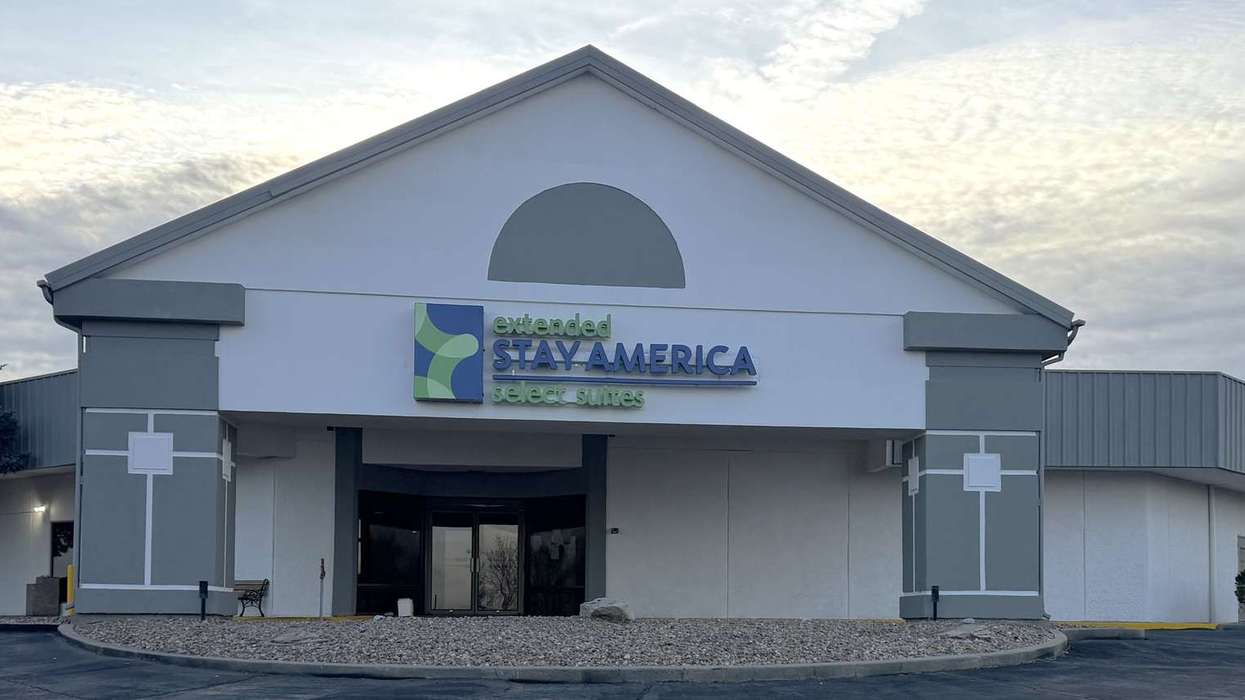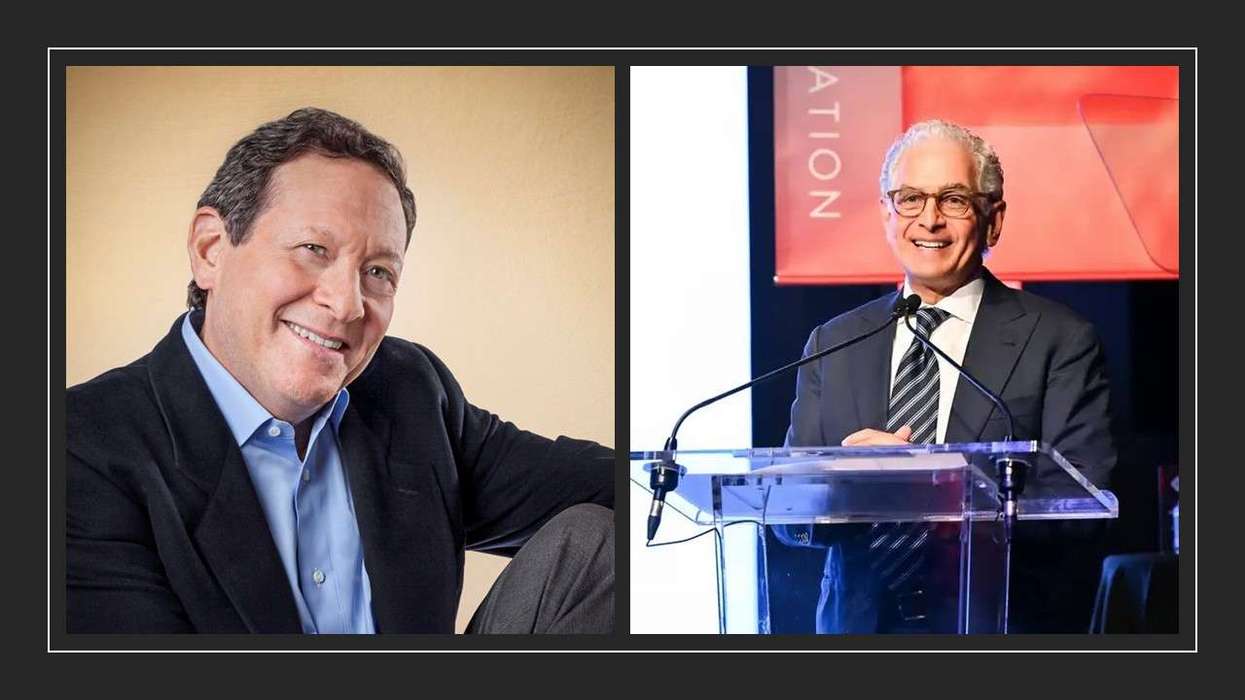The Riverfront Hotel, SureStay Collection by Best Western is now open in Richland, Washington. The hotel is owned by Jitesh Desai.
The 136-room hotel is near Howard Amon Park and outdoor event space John Damn Plaza. Also nearby are J. Bookwalter Winery and Tagaris Winery, Allied Arts-Gallery at the Park, REACH Museum and Manhattan Project B Reactor Tours.
“Jitesh Desai is an established hotelier whose experience and commitment to the brand will undoubtedly deliver on the SureStay service promise at this impressive property,” said Josh Miehl, regional manager of SureStay Hotel Group.
The hotel features a fitness center, an onsite bistro with local wine and beer and event space with a view of the Columbia River.
Danny Patel was the first hotel owner in the U.S. to join the SureStay Hotel Group when he converted his Best Western White House Inn in Bellevue, Nebraska, to SureStay Plus Omaha South in 2017.




